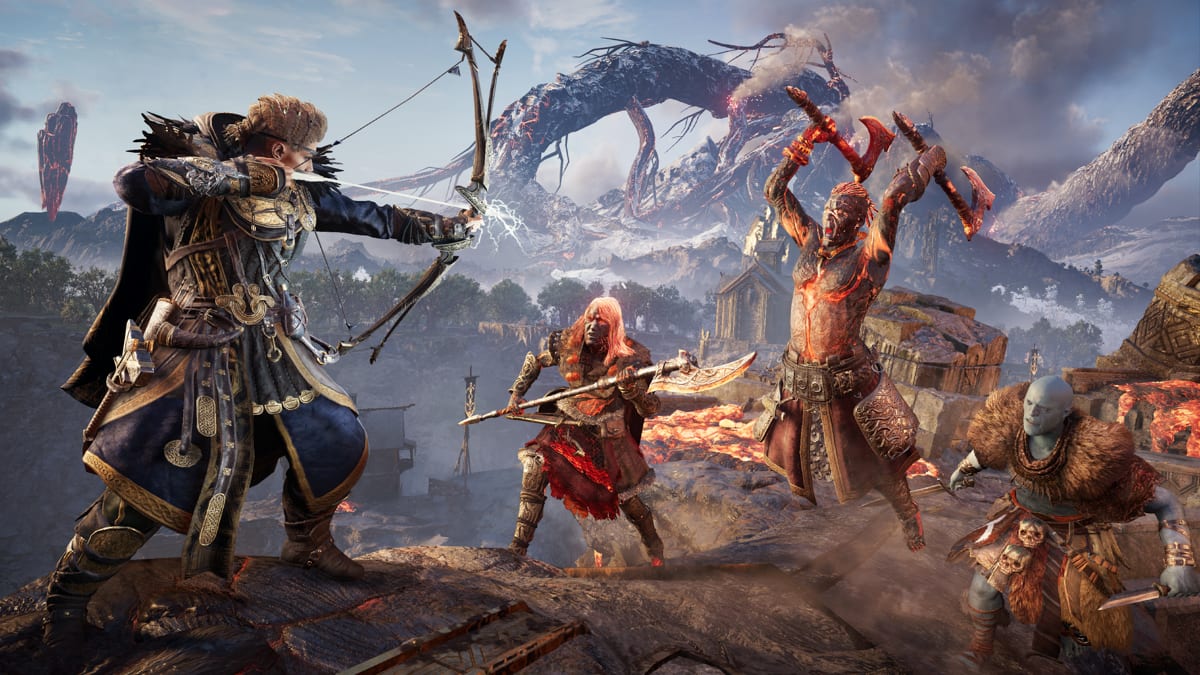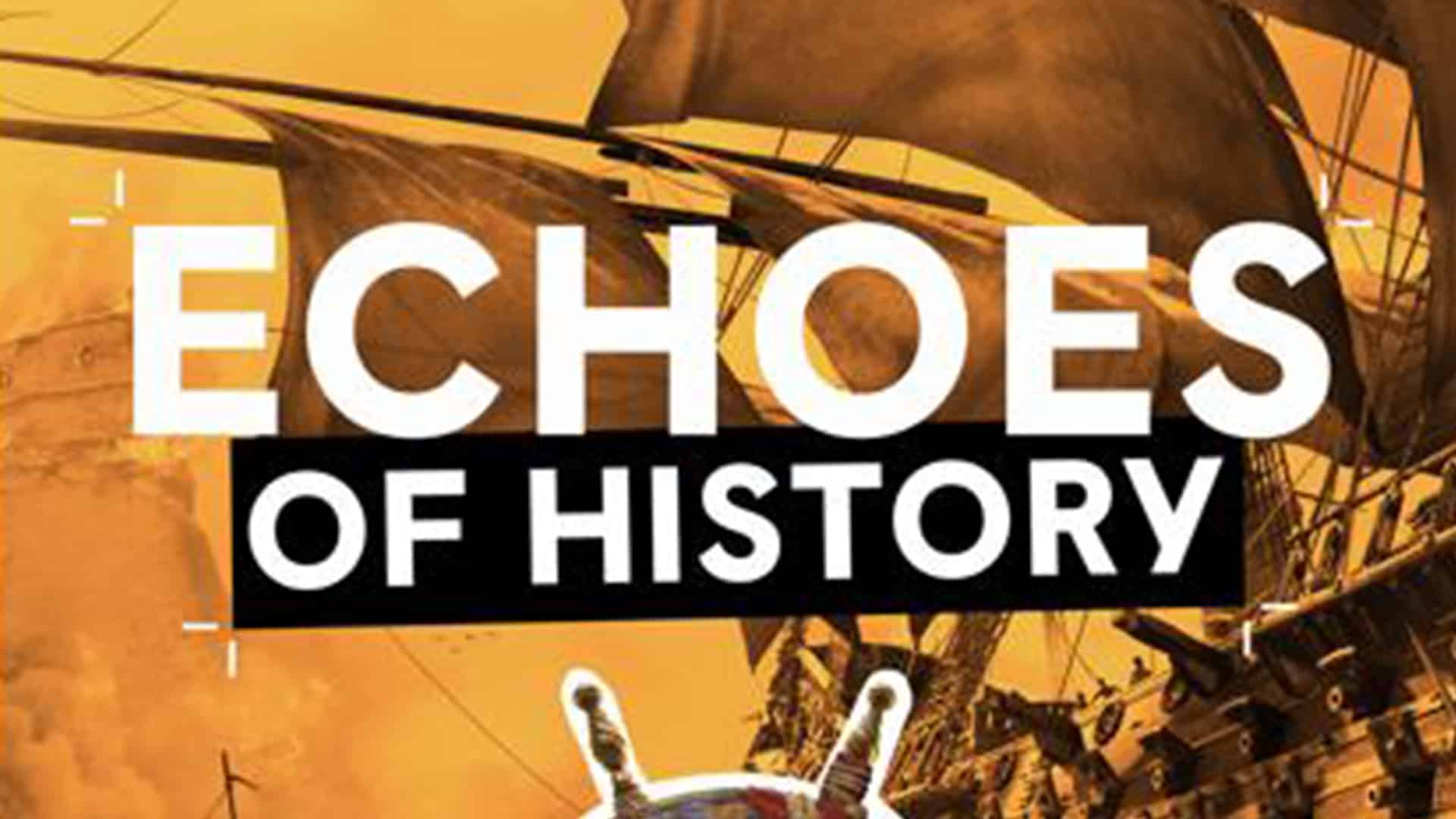Advertiser Disclosure: At Slickdeals, we work hard to find the best deals. Some products in our articles are from partners who may provide us with compensation, but this doesn’t change our opinions. Our editors strive to ensure that the information in this article is accurate as of the date published, but please keep in mind that offers can change. We encourage you to verify all terms and conditions of any product before you apply.
Reading Time: 2 minutesAlongside the recent release of Assassin’s Creed: Valhalla – Dawn of Ragnarök comes season two of the Vikings-themed podcast Echoes of History, presented by Ubisoft and hosted by Lance Geiger, maybe better known as “The History Guy“.
Each of the five bite-sized episodes (~15 minutes per), takes a deeper dive into the origins and details of different parts of Norse mythology, from the birth of the universe to the world-ending Ragnarök event. Various historians and international experts also join each episode to add even more color to these rich stories filled with drama, exploits, and fun.
All episodes of Echoes of History, Season 2 are available to stream now. Listen for free on your favorite platforms like Spotify, Apple Podcasts, Google Podcasts, and more.
And thanks to Ubisoft, I was able to ask Geiger a couple of my own questions, which stem from having played many videogames based on the nine realms of the Norse cosmos.

Credit: Ubisoft
Why do you think Norse mythology is such a popular inspiration for modern movies and videogames?
Geiger: One thing about the Norse Gods is that they were far from perfect. Rather, they tended to have very human fallibilities — they could be jealous and capricious as well as loyal and brave. I think that people can simply identify with Norse mythology as sort of a grander version of themselves.
What games did Viking warriors play to pass time between battles?
Geiger: What we know from grave goods and sagas suggest the Vikings enjoyed physical games such as wrestling and tug of war, and of course, drinking games. But they did play a type of board game called Tafl — meaning literally “board” or “table.” There is no extant set of rules for the medieval game, but a more recent set of rules for this type of game was recorded in 1732, and can still be played today. One player’s pieces are trying to corner the other’s king, whose job it is to evade capture. It isn’t surprising that Vikings enjoyed a strategy game that involved attacking and evading. The game was somewhat similar to, and eventually largely supplanted by, chess.
















